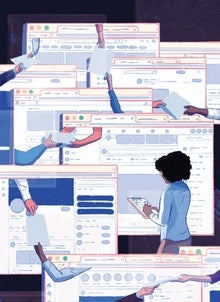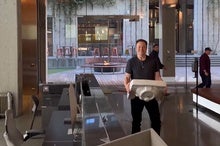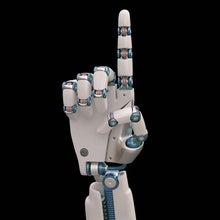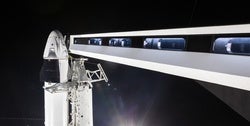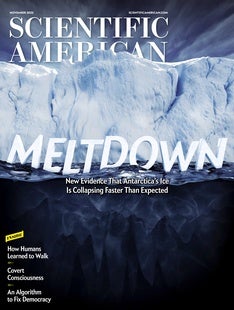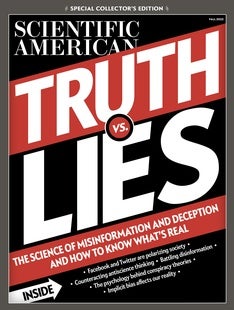 |
| November 22, 2022 |
Dear Reader,
In order to run social media platform Twitter and make it more profitable, billionaire Elon Musk has said he plans to "do lots of dumb things [and] keep what works." This tinkering-focused approach pays off when his space exploration company SpaceX is developing rockets, but projectile motion is predictable and controllable. Human behavior is neither. In this week's featured story, Joe Bak-Coleman explains why running a social media platform is harder than rocket science. |
| |
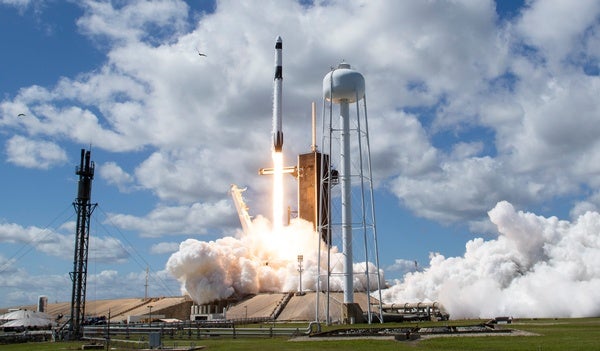 |
| |
| |
| Computing It's Time to Open the Black Box of Social Media Social media companies need to give their data to independent researchers to better understand how to keep users safe | | By Renée DiResta,Laura Edelson,Brendan Nyhan,Ethan Zuckerman | | | |
| |
| |
| |
| |
| |
| |
| |
FROM THE STORE
 | | | |
| QUOTE OF THE DAY
 "We already know huge portions of the country aren't getting broadband speeds -- but even where they are, those connections are often bogged down by limited options, predatory billing practices, and a general lack of choice." Russell Brandom, The Verge | |
FROM THE ARCHIVE
 | | | |
LATEST ISSUES
 |
| |
| Questions? Comments?  | |
| Download the Scientific American App |
| |
| |




